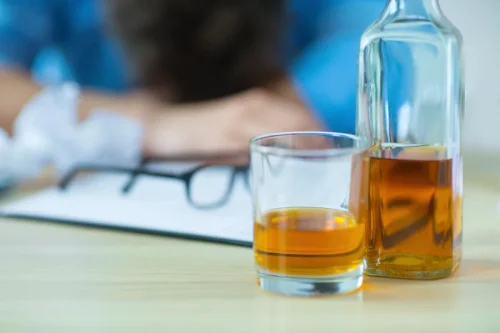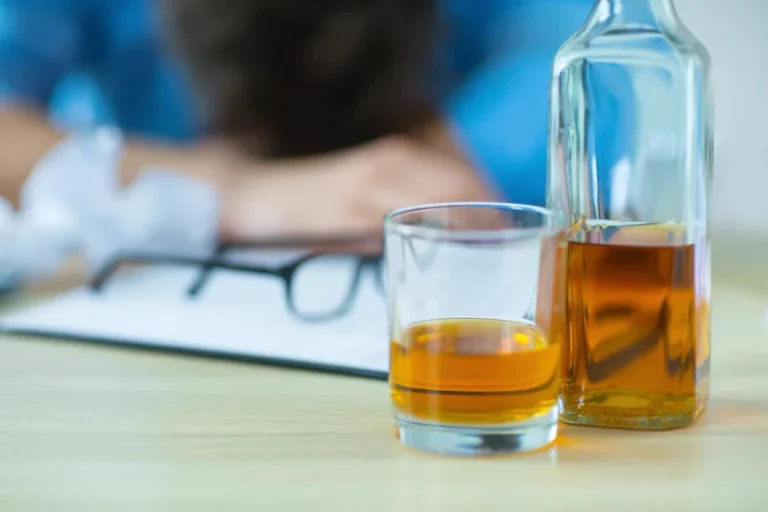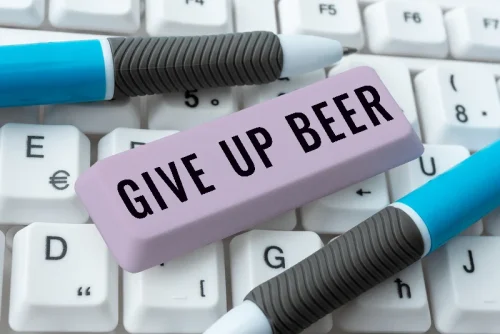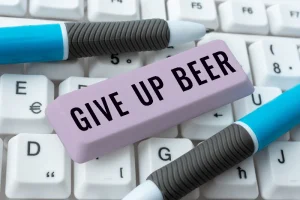How Long Does Alcohol Stay in Your System? Blood, Urine & Breath

Even though so many factors come into play, the average metabolic rate to remove alcohol is about one drink per hour. When you drink alcohol, it is quickly absorbed in the stomach and small intestines. Eating food will not help to metabolize alcohol any faster but may help to sober you up by absorbing some of the alcohol in your bloodstream. Also, drinking coffee or taking a cold shower may help sober you up more quickly by stimulating your nervous system.
How To Help Yourself Feel Better From a Hangover
Alcohol places significant strain on the kidneys, especially if you drink too much or too often. Alcohol amphetamine addiction treatment damages the kidneys and causes them to be less efficient at filtering blood. Alcohol also impacts the kidneys’ ability to regulate your electrolyte levels.
Drink Green Tea

Erin is a Nurse Practitioner with 8 years of experience in midwifery and women’s health. She has spent the past 5 years specializing in the treatment of opioid and alcohol use disorders. Additionally, drinking can lead you to urinate more often and cause dehydration, so you can prevent any negative effects by taking in the water. The blood alcohol concentration (BAC) is how much alcohol is in your blood and is the most precise way to measure intoxication. Alcohol poisoning is a two-phase condition also known as ethanol toxicity.

In general, though, alcohol can be detected:
- For more information about units of alcohol in different beverages, you can visit the NHS website.
- It is possible for your system to still have enough alcohol in it the following day that you could fail a urine or blood test for driving under the influence.
- If you have concerns about alcohol consumption or its effects on your health, it’s advisable to seek professional guidance.
Some factors that influence how someone reacts to the effects of alcohol include, but aren’t limited to gender, speed of drinking, medications someone is taking, and the amount of food eaten. On this page, we address a common myth linked with alcohol misuse and binge drinking – that drinking water can ‘flush’ alcohol from your system. Once you consume alcohol, your body starts to break it down to eliminate it from your system, mainly through the liver. Long-term effects of alcohol consumption include alcohol withdrawal, increased body fat, liver disease, and other health complications. Many people develop an alcohol use disorder (AUD) after extended alcohol use.
How food changes alcohol processing
Alcohol causes dehydration, which is why you get a hangover the next day after a night of drinking. Drinking plenty of water will reduce dehydration and get water back in your system. An electrolyte drink will help your body hold the fluids and rehydrate faster.
- You might want to start with your GP, who can advise you on which support groups may be most beneficial.
- Drinking plenty of water will reduce dehydration and get water back in your system.
- This in turn increases your risk of having a heart attack or a stroke.
- Most people struggle with detoxing from alcohol and may go back to drinking in the absence of a medically supervised plan.
- Assessing quantities of alcohol in units makes it simple to understand how much pure alcohol you are consuming.
Moderate Impairment (0.06–0.15% BAC)

Although everyone knows water is vital for sustaining life, you may be surprised to learn the role it can play in your recovery. Water helps flush does water help alcohol leave your system toxins from the body and keeps you from dehydrating. The Ethyl Glucuronide (EtG) urine test can detect the presence of any alcohol consumption in the urine. Ethyl Glucuronide is present in the body after consuming alcoholic beverages. Alcohol’s impact on your body begins with the first sip, however long-term use of alcohol can take its toll on your body. A glass of wine a day isn’t going to do serious damage to your health, however, if it becomes a habit and you have a hard time stopping after one glass, the long-term effects begin to add up.
How Long Does It Take to Get a Drink Out of Your System?
According to Dr. Singh, the vast majority of the alcohol you drink is metabolized by your liver, while a very small amount is fully digested with no side effects. Also, ignore the myth that your body recognizes different liquors differently. Your liver doesn’t register a glass of wine any differently from a mixed cocktail—it only processes alcohol. If one drink has a higher ABV than the other, your liver will have to work harder.
Next stop: the liver

This can impact your relationships with family, friends and partners, and can affect your ability to keep or get a job. Causing death under the influence of alcohol can result in a life sentence. We also lose water volume in our bodies as we get older, which further contributes to higher blood alcohol content. The loss of water through vasopressin inhibition also contributes to a hangover the next morning.
